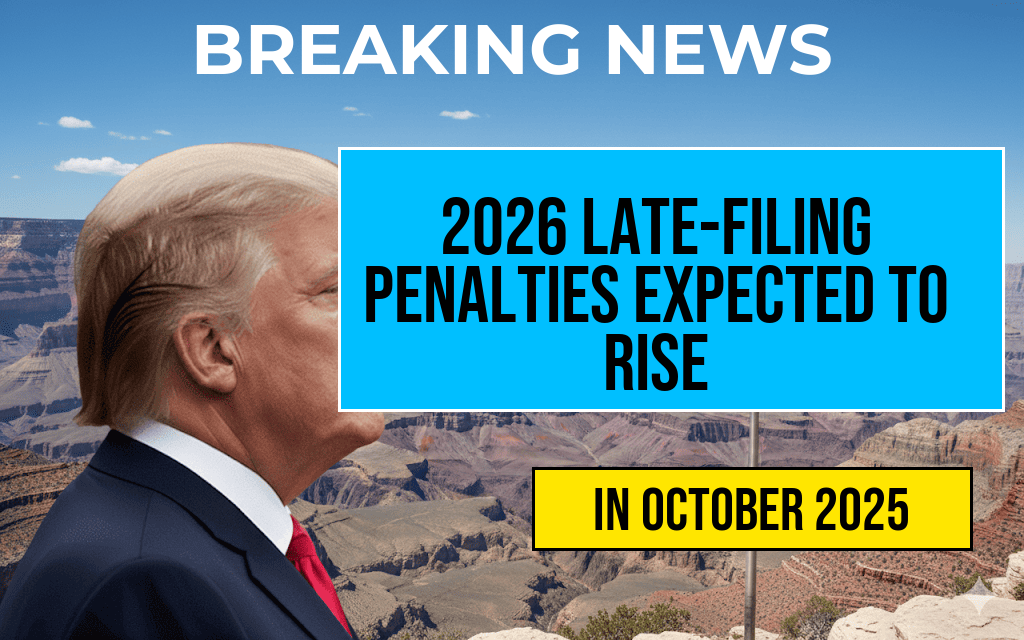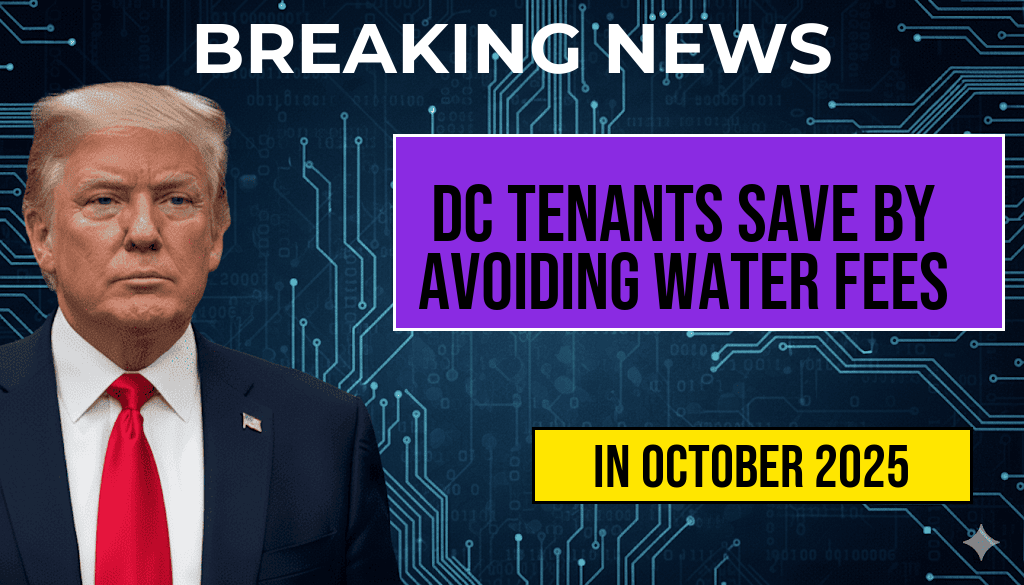As taxpayers prepare for the upcoming tax season, a significant shift in the landscape of late-filing penalties is on the horizon. Projections indicate that the Internal Revenue Service (IRS) will implement substantial increases in fines for late tax filings in 2026. This change is expected to impact millions of individuals and businesses across the United States, potentially adding hundreds of dollars to tax bills. With the IRS focusing on enhancing compliance and revenue collection, understanding these new penalty structures is crucial for taxpayers looking to stay ahead of their obligations. This article provides a comprehensive overview of the projected increases, the reasons behind them, and strategies to avoid these costly penalties.
Understanding the Projected Penalty Increases
The IRS currently imposes penalties for late tax filings, which can range from 5% to 25% of the unpaid tax amount, depending on how late the filing is. As of 2026, these penalties are expected to rise significantly. Tax experts estimate that the new fines could escalate by as much as 50%, depending on the severity of the delays and the taxpayer’s history of compliance.
Current Penalty Structure
| Days Late | PERCENTAGE of Unpaid Tax |
|---|---|
| 1-5 days | 5% |
| 6-15 days | 10% |
| 16 days or more | 15% |
Reasons Behind the Increased Penalties
The IRS has cited a number of reasons for the planned increase in penalties. One significant factor is the growing need for federal revenue as government spending continues to rise. The COVID-19 pandemic has strained public finances, leading to calls for stricter enforcement of tax laws. Additionally, the IRS aims to enhance compliance rates among taxpayers, particularly those who repeatedly file their taxes late.
The Impact on Taxpayers
- Individual Taxpayers: Many individuals may find themselves facing higher penalties for late filings, especially if they have a history of non-compliance.
- Small Business Owners: Those who operate small businesses could see their tax bills inflate significantly, affecting their cash flow and operational budgets.
- Tax Professionals: Tax advisors will need to adjust their strategies and inform clients about these impending changes to avoid unexpected penalties.
Strategies to Avoid Late-File Penalties
To mitigate the risk of incurring hefty penalties, taxpayers should consider implementing the following strategies:
- File Early: Submitting tax returns well ahead of the deadline can prevent penalties associated with last-minute filings.
- Utilize Extensions: If additional time is required, file for an extension. However, ensure that any owed taxes are paid by the original deadline to avoid interest accrual.
- Stay Informed: Regularly check IRS updates and resources to stay informed about any changes to tax laws and penalties.
Resources for Further Information
Taxpayers can access valuable information regarding current tax laws and penalties through the following authoritative sources:
Conclusion
The anticipated increase in late-filing penalties by 2026 serves as a critical reminder for taxpayers to remain vigilant and proactive in their tax obligations. By understanding the current penalty structure and preparing accordingly, individuals and businesses can effectively navigate the complexities of tax filing and avoid unnecessary financial strain.
Frequently Asked Questions
What are the projected increases in late-filing penalties for 2026?
The projected increases in late-filing penalties for 2026 could result in fines that increase your tax bill by hundreds of dollars, significantly impacting your overall tax liability.
Who will be affected by the late-filing penalties?
Individuals and businesses that fail to file their tax returns on time will be affected by these increased penalties, leading to a higher financial burden if not addressed promptly.
How can I avoid these increased penalties?
To avoid the increased late-filing penalties, ensure that you file your tax return by the deadline, and consider filing for an extension if you need more time to prepare your documents.
What should I do if I can’t pay my taxes on time?
If you’re unable to pay your taxes on time, it’s essential to still file your return to avoid higher penalties. You can explore payment plans or other options available through the IRS to manage your tax liability.
Are there any exceptions to the late-filing penalties?
There may be certain exceptions to the late-filing penalties, such as circumstances involving natural disasters or other significant hardships. It’s important to check with the IRS for specific guidelines on qualifying for relief.













